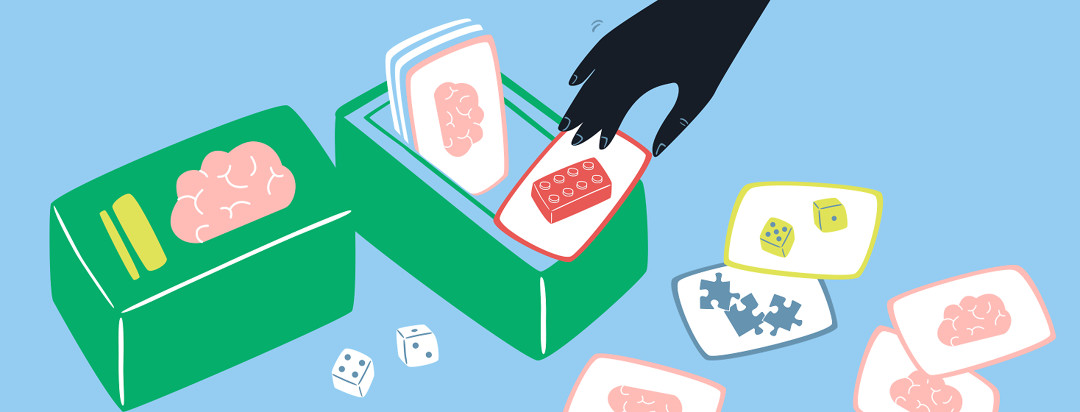Devin's Tips For MS Cog Fog: Part 1
Some of the most devastating symptoms I face because of multiple sclerosis involve my cognitive ability. Like many with MS, cognitive dysfunction has had a major impact on my life. It was even one of several symptoms that forced me on to disability. Brain/cog fog, memory loss, problems with attention and losing track of time, an inability to concentrate, problems processing information, the inability to effectively plan anything, being unable to pick up on social cues, trouble finding words, and even difficulty reading all have a major influence on me. I’ve suffered from these issues for a while now, and while I can’t tell you how to rid yourself of them, I do have some tips/areas you can look at that can help. Like so many symptoms, it’s important to remember that we may not be able to fix them, but we can give ourselves a fighting chance!
Setting reminders for myself
My life these days is a never-ending set of reminders. There was a time in my life where my memory was outstanding, then suddenly it wasn’t. It wasn’t a matter of a gradual decrease in my memory; for me, it felt like it hit almost overnight. I now use reminders to survive. It may seem like an obvious tip, right? You are forgetful, so you should use reminders. Still, I resisted their usage at first. It then took me a long time to find a reminder strategy that worked.
My email inbox houses my reminders
For me, my reminders are my email. Available at all times through my phone, I constantly look at my inbox to check my reminders. That inbox is usually a long list of unopened emails to myself, most with the reminder in the subject heading so it’s easily seen. These emails rarely even have a body. I keep them unopened if I haven’t acted on them and “read” if they require further action. When something is done, I delete it. I’ve tried many other systems, but this is what works for me. I’ve had lists in many places and end up forgetting to check. Habits formed in my former corporate life still make me obsessively check my inbox though, making this very effective for me.
Exercise your mind
I’m sure you’ve seen this tip before, but it’s an important one. The old “if you don’t use it, you lose” adage is very important when it comes to cognitive problems and MS. Find ways to work your mind. Try to read, work on puzzles, do Sudoku, play games (video and board), whatever you can find that works for you (as you probably know, building LEGO sets has been helpful to me in many ways). The important thing to remember is to try not to let yourself get discouraged even if it’s difficult. It’s the activity that matters, not the finished product. It’s like physical exercise; maybe you won’t win a race or finish the distance you want, but getting out there and doing anything is still beneficial.
Keeping to a schedule
Keeping a schedule is important. Building a routine and sticking with it takes some of the work off of your mind. Consistently doing things the same way and at the same time takes some of the mental work out of it and lets you coast. I function decently when things are going according to my schedule when I’ve had a chance to mentally prepare for it. Sadly, when unexpected changes pop up, I get confused and frustrated. Another important aspect of schedules and pre-planning is that you can try to avoid times that are problematic. I have a pretty big slide both cognitively and physically on many afternoons, so I try to make sure I don’t need my brain in tip-top shape around that time.
Look for more tips and ideas in part two!
Thanks so much for reading and always feel free to share!
Devin
My Other Articles On MultipleSclerosis.net - Follow Me On Facebook

Join the conversation